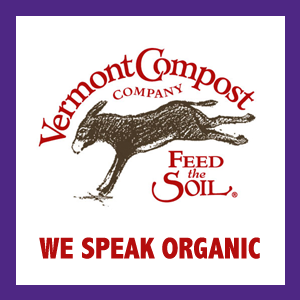Regardless of whether you call them a Field Manager, Crew Coordinator, or Team Leader, when you put somebody between you and some or all of your employees, you have thrust that person into a management role. You’ve made them responsible for the results of the work that other people are doing. That means that you must be prepared to precisely define your expectations, and provide people with the resources they need to perform in their new role – including how to do the work of coaxing performance out of people who used to be their peers.
When a worker becomes a manager, they’ve lost their peer group, at least at work. Supervisors must be willing to monitor and correct the people who work under them – including friends, relatives, and their former peers. Before elevating somebody into a position of crew leadership, be certain that they understand this, and that they are willing to do it. If they aren’t, they shouldn’t take the job.
Managers need to be prepared to embrace ambiguity. When you have responsibility for creating outcomes, you have to balance the conflicting demands of quality, speed and schedule – as well as the morale and happiness of your crew. You no longer get the luxury of simple positions like, “Quality is more important that speed.”
And managers lose their relationship with their peer group. Even if, outside of work, they are still friends with those they work with, under the work umbrella they have to be separate to do their job well. No longer can they engage in grousing about the boss’s unreasonable demands or stupid decisions, because now they are on the boss’s side of the gulf between labor and management.
Managers – especially those who have been promoted because of their technical proficiency – are also in the unenviable position of it suddenly being their job to facilitate getting things done, rather than just doing those things better and faster themselves. Even if they can cut salad faster or make prettier bunches, crew leaders have to put themselves in the position of monitoring the work that others are doing, correcting and adjusting for deficiencies, and anticipating and planning for needed logistics, supplies, and transitions.
Too often, the only reward mechanism we offer to outstanding performance is to give them a management role – but a job title doesn’t make somebody a leader or a manager. Effectiveness in those roles results from a set of behaviors and attitudes that have very little to do with the ability to bunch cilantro quickly and well.
(On a related note, I think we need to do more to reward excellence at technical tasks without moving somebody into a position of responsibility for the performance of other workers.)




 RSS Feed
RSS Feed
